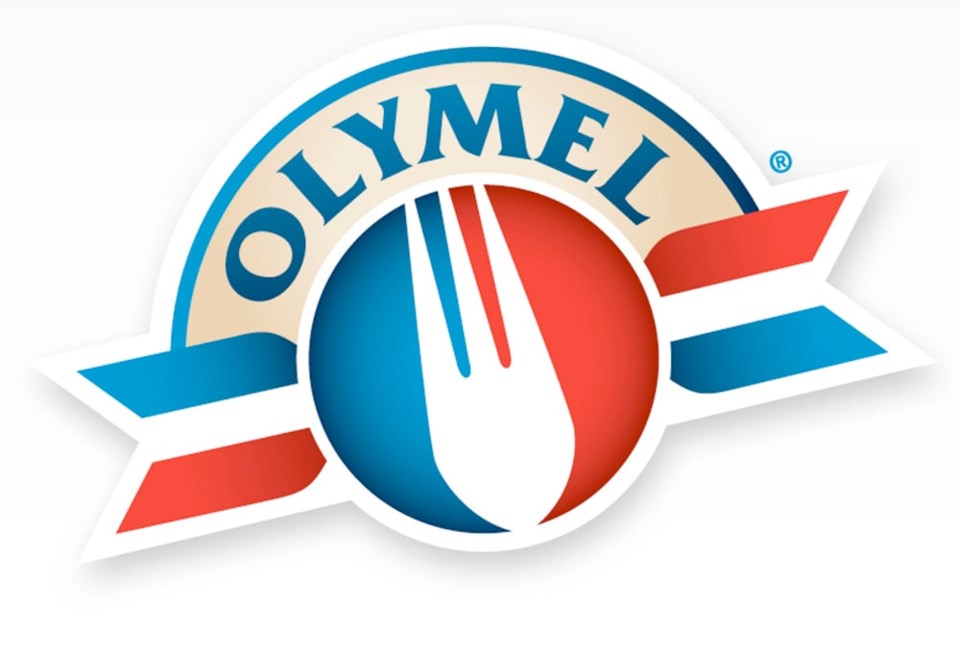WESTERN PRODUCER — A leading Canadian pork producer, processor and marketer is laying off about 80 people in Alberta and Saskatchewan because of ongoing financial losses and uncertainty in hog and pork markets.
Olymel is reducing its hog production in Western Canada by closing five of its sow units or farms in Alberta, and one in Saskatchewan. It will cause a net reduction of about 200,000 market hogs per year at the company’s slaughter plant in Red Deer.
Factors behind the decision include drought in 2021, an oversupply of pork, a collapsing hog market and geopolitical factors, such as Russia’s invasion of Ukraine, said director of corporate communications Stephanie Quintin in an email May 29.
She said federal and provincial governments “should be acutely aware of the difficulties the hog sector is facing today and for the foreseeable future.
“There is not a month with positive margins available today until at least the summer of 2024. The significant losses over the past year coupled with collapsing market returns for producers, along with high feed costs, is not sustainable and is going to significantly erode Canada’s position as a leader in exporting pork.”
The country’s pork industry is significantly bigger than its beef sector, making it a major contributor to Canada’s gross domestic product through exports of about 70 percent of domestic production, said Stan Vanessen, chair of Alberta Pork.
“So, it’s a concern to all agriculture in Canada if the hog industry wouldn’t be able to continue on in a productive fashion.”
Olymel will be closing its Smoky Sow/Dev, Pinnacle 1, Pinnacle 2, Dynacrest 1 and Dyncrest 2 units in Alberta, affecting a total of slightly more than 70 employees in the Strathmore, Drumheller and Falher areas, said Quintin. The rest of the workers are part of the closure of the company’s Kelsey unit near Star City, Sask., she said.
The barns are to be closed during the next several months and will remain closed until market conditions improve, said the company in a statement May 26.
“However, the impact of the closures will not be felt until 2024 at the earliest and will be subject to independent hog supply availability.”
The company has experienced significant losses in processing fresh pork because of limited market access globally, chief executive officer Yanick Gervais said in a statement.
“Now coupled with stubbornly high feed costs resulting in unprecedented losses in the hog sector, we have little choice but to retract and position ourselves for success in the future when conditions improve. I am confident that the changes being implemented in Olymel’s Western Canadian integrated hog sector will provide the foundation for ensuring that success.”
Vanessen said the announcement marks a major turning point for the region’s pork industry.
“It’s the first big western player that’s packer-owned hogs that’s decided to get out, but if you look across North America, packer-owned hogs have been shrinking production in the last little while, some pretty major ones as well.”
Pork production has in fact been declining globally, he said. “There’s not a huge demand for pork. It seems like there’s a backlog of product, but the costs remain high, so people are saying, ‘We’ve tried long enough, it’s time to stop and try something else’.”
It underlines a significant concern for smaller pork producers “when you see packer-owned facilities that are not able to continue to see enough optimism in the future to keep going,” said Vanessen. “And you start to wonder what’s left for independent and (Hutterite) colony guys, what are they thinking going forward?”
However, such pork producers historically have been able to run “a little more efficiently than a huge operation,” he said, pointing out few are left who are strictly devoted to hogs.
“They can find a little more innovative ways to cut costs and a lot of them, including colonies, they have a diversified enough operation that as a whole farm, they should be able to ride this cycle out.”



